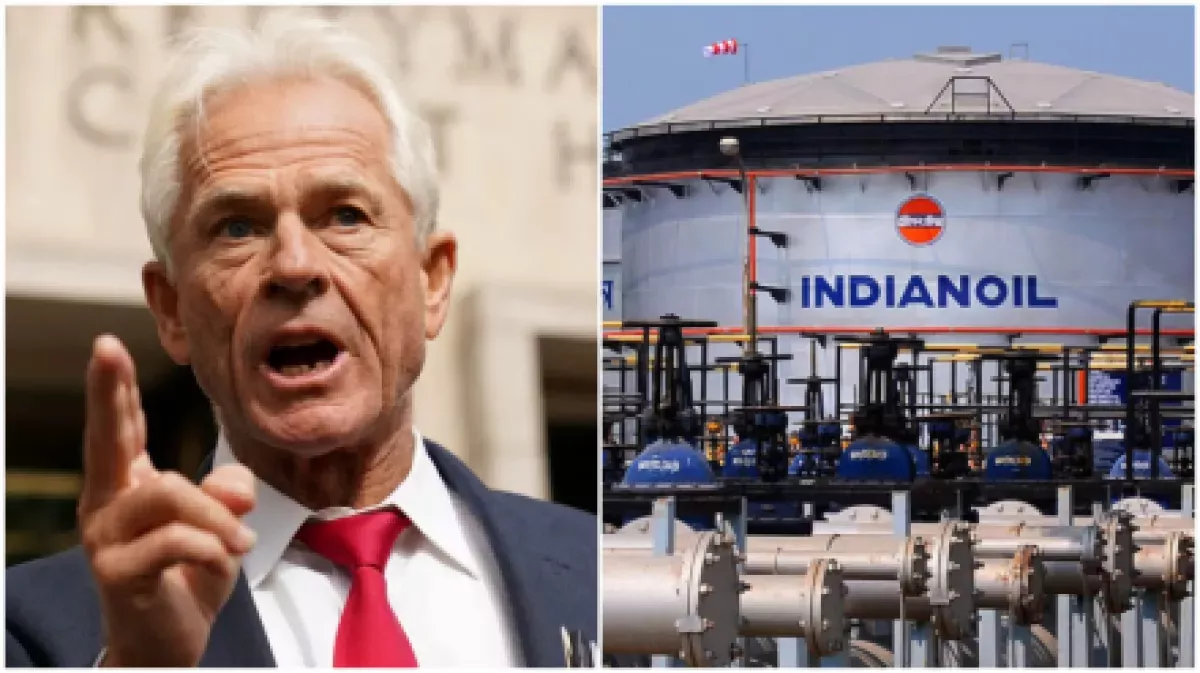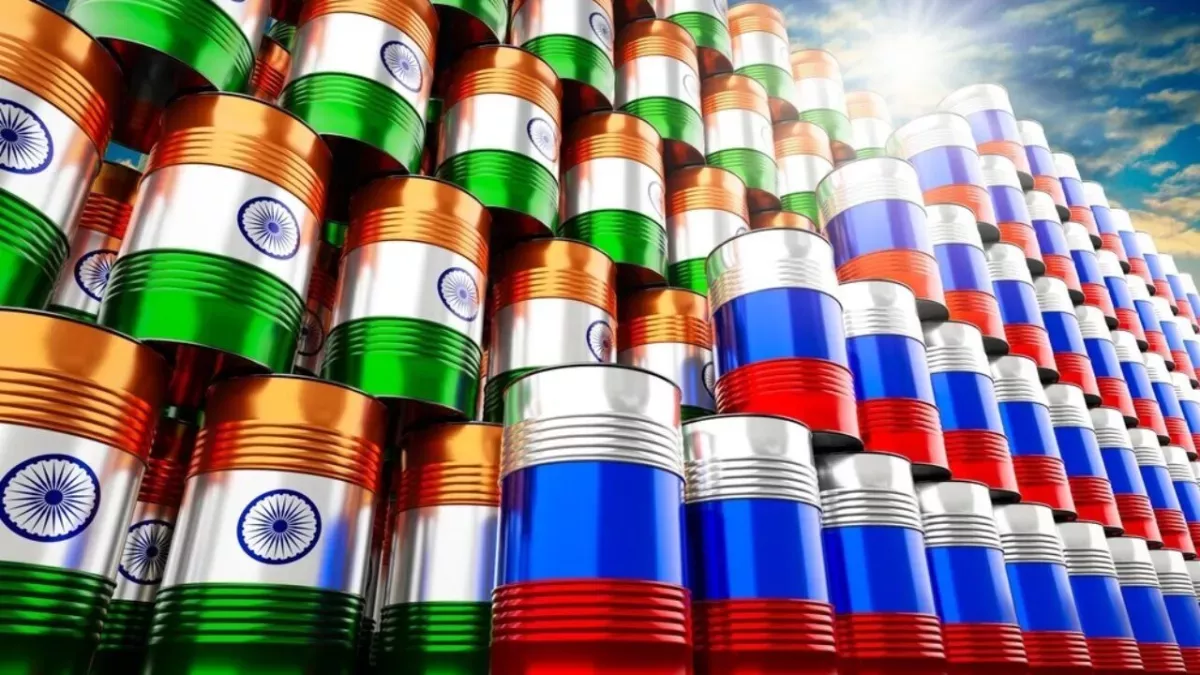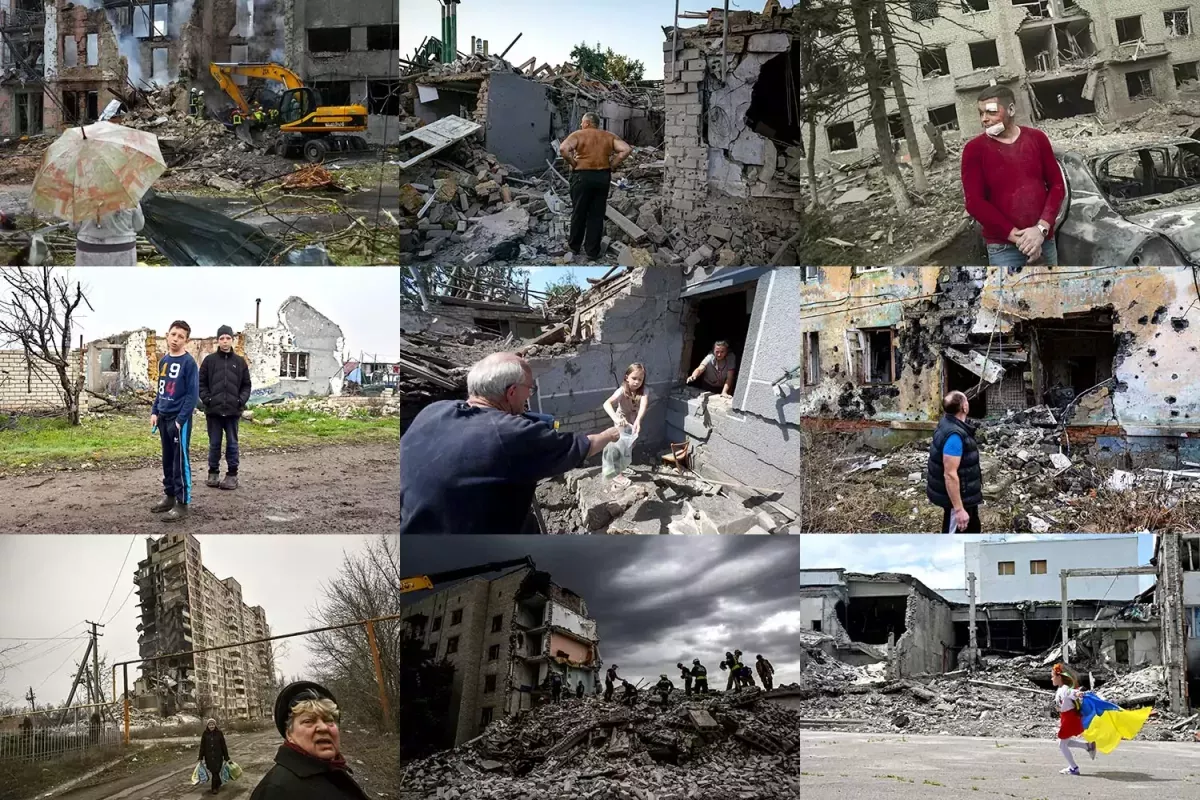Indian "blood bag" for Russian aggression Business on the lives of peaceful Ukrainians
Recent years of international politics have shown: the Russia-Ukraine war is not only about weapons, battlefronts, and diplomacy. It is also a massive energy market that has become a key source of funding for Russia’s war machine. And in this equation, one of the central players is India—a country that claims the status of a "global democracy" and a "balancing power" in international relations. Yet the reality is far more cynical. By taking advantage of discounts on Russian oil and justifying its actions with arguments of "energy security," India has turned into a global hub for “laundering” Russian hydrocarbons, helping the Kremlin circumvent sanctions and providing Moscow with hard currency.
In Washington, accusations against New Delhi are growing louder. Peter Navarro, Donald Trump’s adviser on trade and manufacturing, openly called India an accomplice to Russian aggression.

In an opinion piece for The Financial Times, Navarro wrote: “Here’s how the India-Russia oil mathematics works. American consumers buy Indian goods. India uses those dollars to buy discounted Russian crude. That Russian crude is refined and resold around the world by Indian profiteers in league with silent Russian partners — while Russia pockets hard currency to fund its war machine in Ukraine.
Essentially, India has become a “laundry” for Russian oil. It accounts for 38% of all Russian crude oil exported since 2022. Moreover, New Delhi plays a far more sophisticated role than it appears at first glance: it is through India that Russian oil acquires a “legal status” and re-enters the markets of Europe, the U.S., and Asia under the guise of Indian petroleum products.
In July 2025 alone, India purchased Russian hydrocarbons worth €3.5 billion, of which €2.7 billion was crude oil. This money is a direct injection into the Russian budget—and therefore into financing the aggression against Ukraine.
It is important to understand that this is not simply a trade. It is a systemic mechanism for evading sanctions. Indian refineries process Russian oil, which is then sold openly to Europe and the U.S., often in the form of diesel or other refined products. As a result, Western companies may not technically be buying “Russian oil,” but in practice, they continue to feed the Russian economy.

Navarro also hinted at another detail—the presence of Russian companies in India’s refining sector. For example, India’s third-largest refinery, Nayara Energy, is owned by Rosneft and the Russian fund United Capital Partners. This means India is not just buying Russian oil—it is refining it in facilities partially owned by Russia itself. This goes beyond simple business; it is a true scheme of interdependence, where India provides the Kremlin not only with a market but also a “safe haven” for currency operations.
In words, India tries to project neutrality. Prime Minister Narendra Modi speaks of “dialogue,” “peace,” and a “balanced position.” But the facts stubbornly point in another direction: India’s neutrality is a smokescreen for cynical business benefiting Indian corporations and state structures. New Delhi is fully aware that Russia is isolated and forced to sell oil at a discount. That is precisely why India has dramatically increased its purchases. In effect, India’s energy strategy has become a vital “blood bag” for the Russian economy.

You can talk all you want about “multipolarity” and “national interests.” But the bottom line is simple: as long as Russia continues bombing Ukrainian cities, the money for those missiles is coming to Moscow, in part from New Delhi. Every dollar paid for Russian oil turns into new tanks, shells, and kamikaze drones that the Kremlin uses to destroy civilian cities. In this way, India is not just an observer today—it is, in effect, a sponsor of the war.
If the world truly wants to weaken Russia’s war machine, it must confront India’s energy cooperation with Moscow firmly. Without this, all sanctions and political statements remain empty words. India must stop portraying itself as a “neutral arbiter” and acknowledge that its oil policy is built directly on the blood of Ukrainians.








